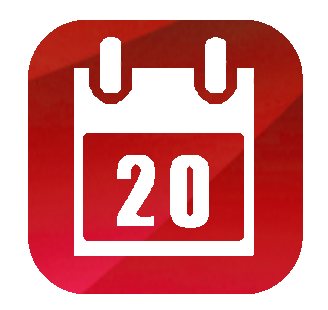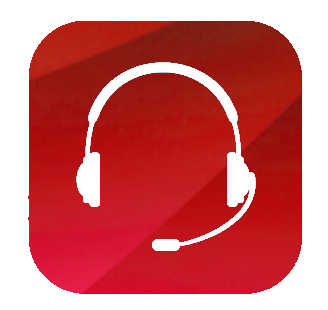Tracking business expenses is one of those important ongoing tasks that all business owners need to do. If you are unable to provide evidence of your business expenses, you will have to pay tax on your revenues rather than your profits. Luckily it is relatively easy provided you put good systems and practices in place when setting up the business.

So What are Business Expenses?
Business expenses are any purchases that you make on behalf of the business but may include some expenditure that is a mixture of both business and personal. For example, you might have a mobile phone or an internet connection that you use for both personal and business use. You can legitimately claim a percentage of the cost as a business expense.
Why is Tracking Business Expenses Important?
Your business expenses are an important part of the profit equation for your business if they are too high and you are likely to make a loss. If they are not evenly spread across the year or if all your bills fall due simultaneously, your cashflows will be very difficult to manage.
Tracking business expenses on an ongoing basis tells you how much cash you have already spent and where it went. It will also give you an indication of what you will have to spend in the future. If you don’t track your expenses, you will not be able to balance your chequebook. You will have no idea how much money the business has left to spend!
And forget about forward-planning. If you can’t estimate likely cashflows in the medium to short term, you will not be able to plan for large expenditures or even be sure you can pay your bills on time!
Typical Business Expenses
Although some expenses will be specific depending on the type of business you are going to start, just about all businesses share quite a few common expenses.
Each business expense will be coded to an expense item or category in your accounting records, so when you are designing your chart of accounts it pays to select the groupings fairly carefully. If you have too many expense categories, you will get a lot of detailed information from your accounting reports but it will take a lot of time to keep the books.
Too few and you will save yourself some time doing the bookkeeping, but you might not have enough detail to support your decision-making.
Some of the more typical expense categories are in the table below.
| Advertising Bank Service Charges Books and Publications Cash Discounts Depreciation Expense Dues and Subscriptions Electricity, Gas and Water Equipment Rental Expensed Equipment Gifts and Donations Insurance: Business Interruption Insurance: Public Liability Insurance: Sickness and Accident Interest Expense: Finance Charge Interest Expense: Loan Interest Internet Expenses | Miscellaneous Motor Vehicle Expense Postage and Delivery Printing and Reproduction Professional Fees: Accounting Professional Fees: Legal Rent Repairs: Computer Repairs: Equipment Repairs: Motor Vehicles Salaries Software Expense Staff Amenities Storage Supplies: Marketing Supplies: Office Telephone Training and Development |
Tips for Setting up Expenditure Records
There are one or two things you can do to make the job of tracking your business expenses just a bit easier.
- Open a separate bank account for your business,
- Use that account for business purposes only,
- Make as many purchases as you can electronically or by credit card,
- Pay as many bills as you can electronically or by credit card, (for the same reason)
- Always ask for a tax receipt, even for expenditures under $50, and
- Update your books regularly so that it does not become an overwhelming task.
- Download an app to your mobile phone that enables you to scan thermal receipts





